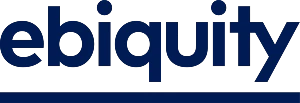At the very least, the French advertising market is set to fall by 23% in 2020, according to estimates drawn up by France Pub and Irep ¬associated with Kantar Media. It could thus reach 26 billion euros, compared with 33.8 billion euros invested by advertisers last year.
The coronavirus pandemic has caused an unprecedented shock, unparalleled in recent history. Neither the bursting of the Internet bubble in 2001 nor the Gulf War and the Sapin law in 1993 had such effects. Nor had the 2009 depression following the financial crisis been so severe, as it led to a 9% drop in the market, which took several years to recover.
The two months of containment will leave its mark for a long time to come. “If it had been just one month, the decline could have been limited to 10%, assuming a quick and strong rebound. But with two months of near-stop trade, the recovery will be slower and will only really be felt in the last quarter,” explains Xavier Guillon, managing director of France Pub.
All media and non-media (direct marketing, press relations, events) have already been affected in the first quarter. At 1.7 billion euros, net media revenues declined by 12.6%. None of them were spared: TV (-9.7%), national radio (-10.3%), press (-12.5%), with outdoor advertising being the most affected (-15.4%).
Advertisers cancelled their campaigns and postponed others. Even if, at 56%, they say they want to maintain, or even increase, their advertising in the period May-September compared to March-April, the fall in revenues will be greater in the second quarter, according to the latest barometer from the Union of Brands. The months of April and May look very sluggish, awaiting the deconfinement effects, which have yet to take place to rule out an even gloomier scenario.
In proportion, it should be noted that French advertisers tend to cut their communication budgets more than their British or German counterparts, for example. This is a consequence of the social framework in France: the rigidity of regulation comes at a price,” says Nathalie Taboch, CEO France of Ebiquity, an international firm specializing in optimizing marketing investments. The downside of the system is that flexibility is more limited and is to the detriment of advertising. “Ebiquity has developed several scenarios for exiting the crisis, which suggest an annual fall in the French market of between -15% and -24%.
Even if the brands declare that they are ready to start campaigning again, the recovery pace will be slow. The scenario of a strong recovery in the fall that could cause a “traffic jam” in advertising space seems unlikely. “There will be a knock-on effect from the fourth quarter onwards, but we should not see the market saturation,” believes Nathalie Taboch. The mass return of advertisers should, above all, allow prices to rise. The advertising agencies have had to and still have to grant significant discounts to support the beginning of a recovery that should primarily benefit television and radio. According to two-thirds of advertisers, these two media could benefit from a “timid” recovery in investments as early as late spring.
To read the full article in French on Le Figaro, please click here.

